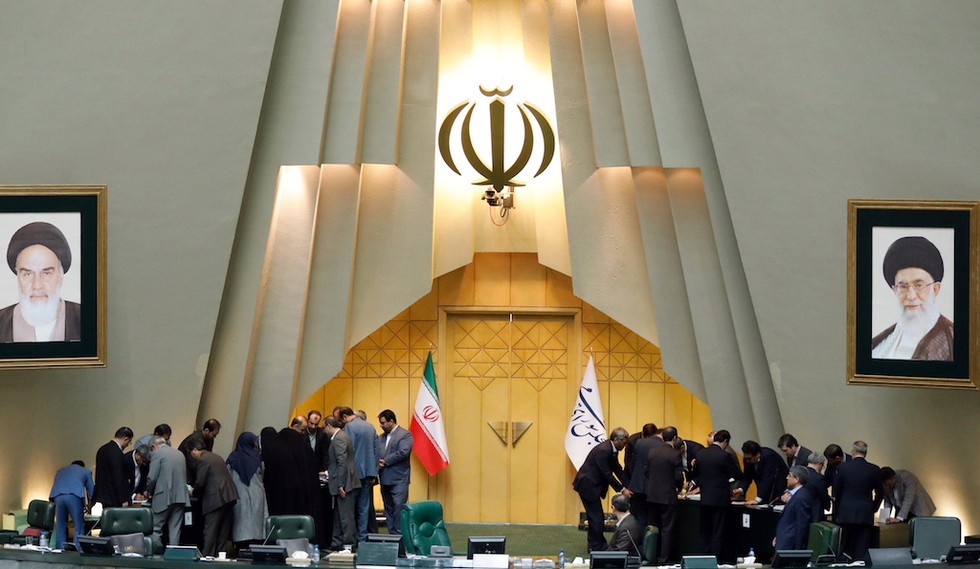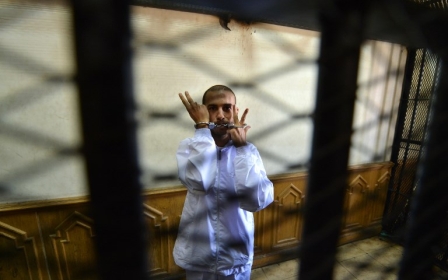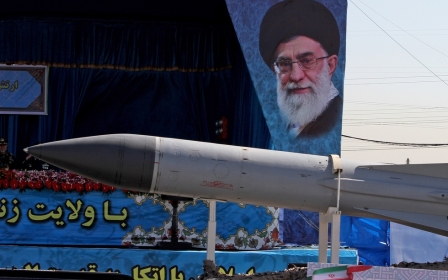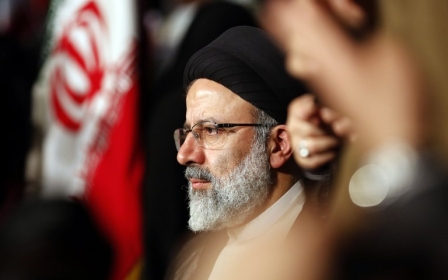Iran re-imposes death sentence on spiritual figure that Supreme Court quashed

An Iranian court has re-imposed the death penalty on the founder of a spiritual movement after the first sentence was struck down by the Supreme Court, the judiciary said on Sunday.
Mohammad Ali Taheri, founder of Erfan Halgheh which calls itself "Interuniversalism" in English, was arrested in 2011 and given five years in prison for "insulting Islamic sanctities".
He was sentenced to death by a Revolutionary Court in 2015 for "corruption on earth," but the Supreme Court later quashed the sentence.
"[Taheri's] case was sent back to court and tried with the presence of a lawyer and various advisers and the judge has again reached," judiciary spokesman Gholamhossein Mohseni Ejei was quoted as saying by the news agency ISNA. The sentence can be appealed, he said.
Amnesty International says Taheri is a prisoner of conscience and it has condemned Iran's use of capital punishment "for vaguely worded or overly broad offences, or acts that should not be criminalised at all".
The rights group pointed out that Taheri's case constitutes "double-jeopardy" and that his case violates the International Covenant on Civil and Political Rights, to which Iran is a party.
Tehran dismisses such criticism as part of an effort from the West to heap political pressure on the Islamic Republic.
Taheri founded his spiritual doctrine after receiving what he claims were "spiritual inspirations" that empowered him to connect with a larger "cosmic consciousness". He practised his newly found spiritual beliefs, along with his followers, in "healing sessions" apparently focused on alternative non-medicinal treatments.
Over the course of his imprisonment, Taheri has undertaken a total of 16 hunger strikes and attempted suicide four times in protest at his prolonged solitary confinement, lack of access to his family and lawyer, and repeated death threats against him and his family.
His most recent hunger strike began on 28 September 2016 and lasted 97 days.
Stay informed with MEE's newsletters
Sign up to get the latest alerts, insights and analysis, starting with Turkey Unpacked
Middle East Eye delivers independent and unrivalled coverage and analysis of the Middle East, North Africa and beyond. To learn more about republishing this content and the associated fees, please fill out this form. More about MEE can be found here.




